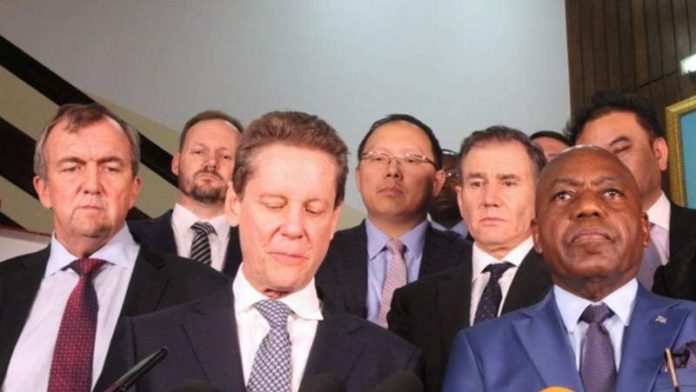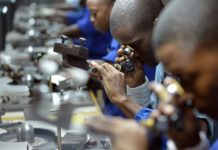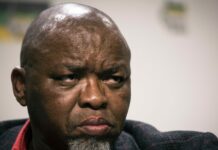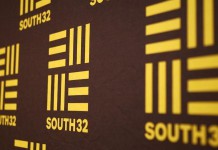
A DECISION by Katanga Mining to suspend exports of cobalt from the Democratic Republic of Congo (DRC) was under the microscope again after the central African country’s mines minister criticised the unilateral nature of the action, said Bloomberg News.
On November 6, Katanga Mining – which Glencore controls – suspended sales from its Kamoto Copper Mine (KCC) in southeast DRC after detecting levels of uranium that were too high for export through African ports, said Bloomberg News.
“How have they found traces of uranium?” asked Martin Kabwelulu, saying there are multiple controls operated by the state between Kamoto and the DRC-Zambian border. “Curiously KCC gets the minerals out to South Africa, does a check there and finds traces of uranium at an incompatible level,” he said.
Kabwelulu said he met senior KCC management three days ago, but failed to get answers to his questions. A spokesman for Glencore declined to comment.
“Depending on the magnitude of any price reaction on the wider cobalt market, this could, perversely, work out to be an economic benefit for Glencore,” said Tyler Broda of RBC Capital Markets regarding the suspension of cobalt exports.
The delay in exports would be “… offset by the impact on the cobalt price to revenues coming from Mutanda and other cobalt production in Glencore globally,” said Broda. “Our published estimates anticipate that Glencore will produce 22,000 tonnes of cobalt between Q3 2018 and Q2 2019. At spot prices, this would account for a delay of $700m of revenues.
“But this also accounts for, on an annualised basis, 25% of the world’s cobalt supply (30kt of 120kt),” said Broda. “Over this period, Mutanda will produce 16.5kt and nickel will produce 5.0kt as a by-product. Assuming there are no uranium issues that this uncovers elsewhere, this production will benefit from any positive price impact,” he said.











